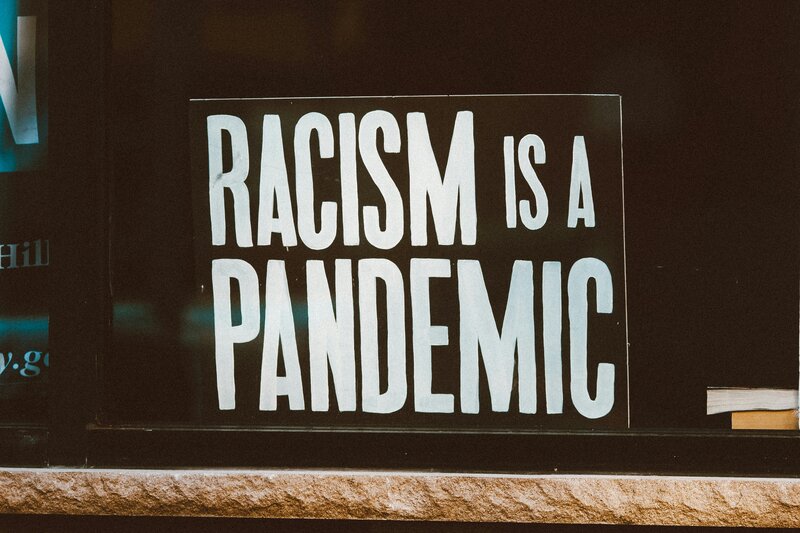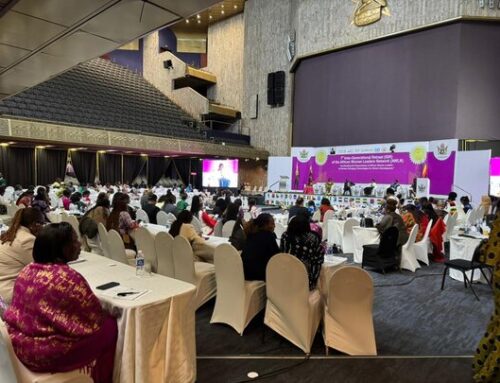Standing in Solidarity: A Week of Action Against Racism and Discrimination
Every year, from March 21 to March 27, the world observes the Week of Solidarity with the Peoples Struggling Against Racism and Racial Discrimination. This important week serves as a global call to action against racial injustices, urging individuals and institutions alike to reflect, educate, and advocate for change.
Why This Week Matters
The origins of this observance are deeply rooted in history. March 21 marks the International Day for the Elimination of Racial Discrimination, commemorating the 1960 Sharpeville Massacre in South Africa, where peaceful anti-apartheid protesters were killed by police. This tragic event underscored the brutal consequences of institutional racism and the urgent need for justice and equality.
Decades later, racism and racial discrimination continue to manifest in various forms—whether through systemic inequalities, economic disparities, hate crimes, or everyday prejudices. The Week of Solidarity serves as a reminder that the fight for racial justice is ongoing and requires collective effort.
How to Get Involved
1. Educate Yourself and Others
Understanding racism is the first step in dismantling it. Read books, listen to podcasts, and watch documentaries that shed light on racial injustices. Share these resources with friends, family, and colleagues.
2. Support Organizations Fighting Racism
Donate to or volunteer with organizations dedicated to racial justice, such as the Runnymede Trust, Show Racism the Red Card, and The Black Curriculum in the UK, or global initiatives like the United Nations Human Rights Office.
3. Use Your Platform to Speak Out
Whether you have a large following or a small circle of influence, use your voice to challenge racism. Share informative posts, call out discriminatory practices, and advocate for policies that promote equity.
4. Engage in Conversations on Race
Discussing racism can be uncomfortable, but it’s necessary. Engage in meaningful conversations about racial issues, listen to marginalized voices, and be open to learning.
5. Support Black and Minority-Owned Businesses
Economic empowerment is a vital aspect of racial equality. Make a conscious effort to support businesses owned by people from marginalized communities.
6. Hold Institutions Accountable
Advocate for anti-racist policies in workplaces, schools, and government institutions. Encourage businesses and organizations to implement diversity, equity, and inclusion (DEI) initiatives.
A Collective Responsibility
Racism is not just a problem for those who experience it—it is a societal issue that affects us all. The Week of Solidarity is a time to reflect on our roles in fostering a more just world. Small actions, when multiplied, create lasting change.
Let’s take this week as an opportunity to commit—individually and collectively—to the ongoing fight against racism and discrimination. Solidarity is more than a word; it is an action.
Are you ready to stand in solidarity?













Leave A Comment